
Autoplay-Videos auf Webseiten können das Surfen erheblich stören: Sie verlangsamen die Ladezeiten, lenken ab und verbrauchen unnötig Datenvolumen. Plötzlich laute Werbespots erschrecken oder verraten Ihre Online-Aktivität – besonders peinlich nachts oder in der Öffentlichkeit. Viele Sites nutzen Autoplay sogar für unpassende Inhalte, und Mini-Videos kleben beim Scrollen nach.
In diesem praxisnahen Guide, basierend auf jahrelanger Erfahrung mit Chrome und Browser-Optimierungen, zeige ich Ihnen zuverlässige Wege, Autoplay in Chrome zu bekämpfen. Als Tech-Experte teste ich regelmäßig Erweiterungen und Einstellungen für optimale Nutzererfahrung.
Ist es möglich, Autoplay-Videos in Chrome vollständig zu deaktivieren?
Kurze Antwort: Nein, über die integrierten Chrome-Einstellungen können Sie Autoplay nicht browserweit stoppen. Google hat diese Option entfernt, im Gegensatz zu Firefox oder Edge. Dennoch gibt es effektive Alternativen für alle Geräte: Erweiterungen reduzieren Autoplay, und die Tonstummschaltung minimiert Störungen.
Hier eine detaillierte Übersicht mit bewährten Lösungen.
Autoplay-Videos in Chrome auf Windows 10 stoppen

Native Deaktivierung fehlt, aber Chrome-Erweiterungen aus dem Web Store helfen. Achtung: Viele werden durch Updates inkompatibel – prüfen Sie Aktualität. Grund: Googles Monetarisierung durch Video-Ads und Übergang von Flash zu HTML5.
Empfohlene Erweiterungen (getestet und aktuell zum Stand 2022):
1. AutoplayStopper
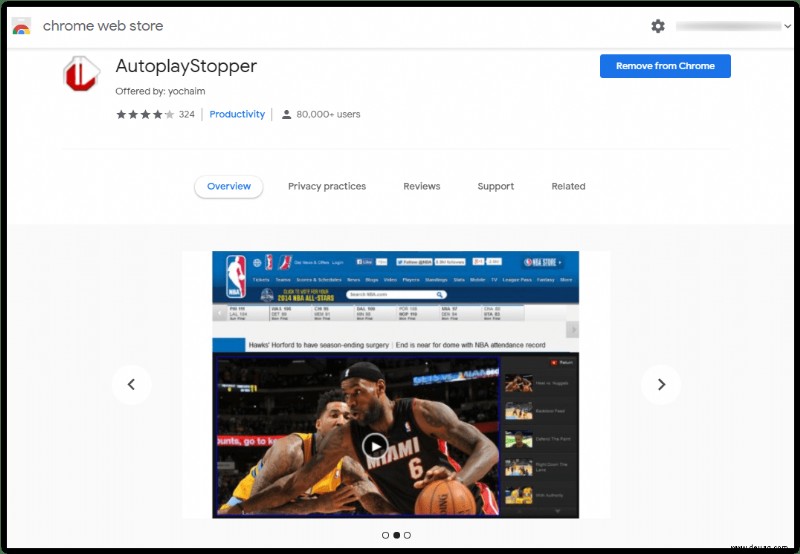
Die zuverlässigste Option: Blockt Flash- und HTML5-Videos automatisch. Letztes Update: 27. Juli 2021. Anpassbar pro Site, mit Sitzungs-Reset-Option. Ideal für tägliches Surfen.
2. HTML5 Autoplay deaktivieren (neu geladen)
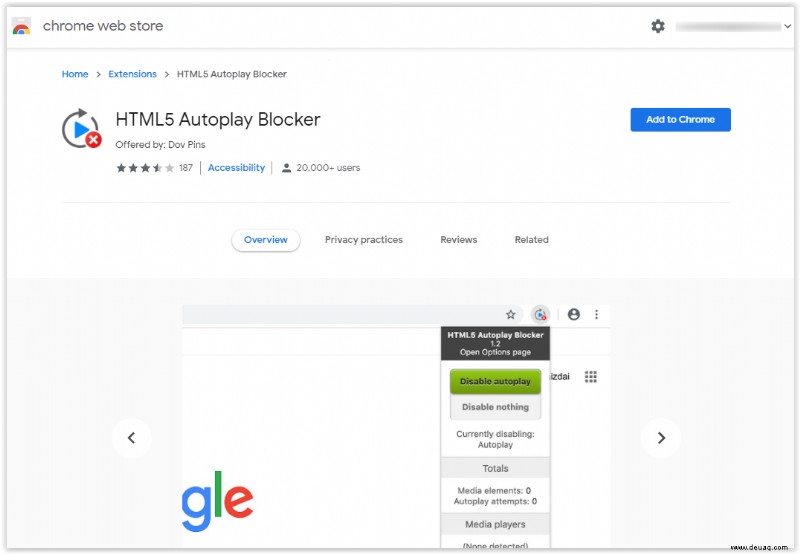
Hakt sich in die JavaScript-API ein, um simuliertes Autoplay zu verhindern. Update: 28. Januar 2020. Gut für anspruchsvolle Nutzer.
3. HTML5-Autoplay-Blocker
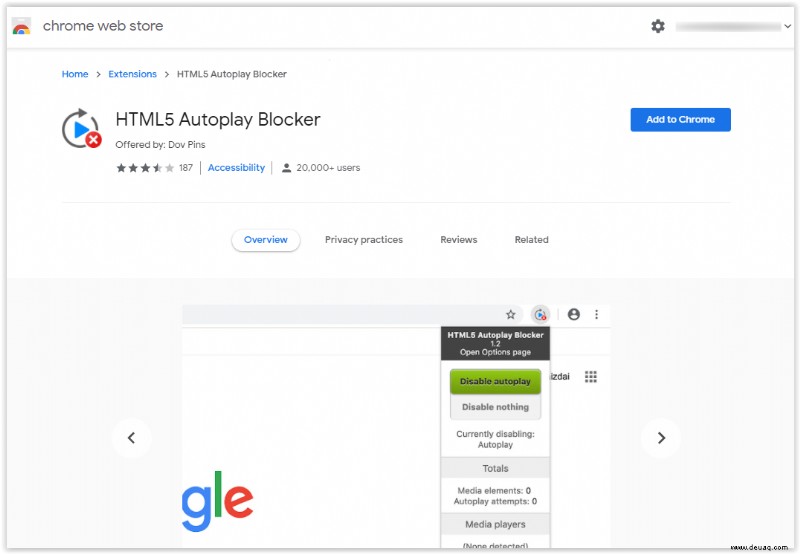
Spezialisiert auf HTML5, ignoriert aber Flash-Sites. Letztes Update: 24. Dezember 2019. Testen Sie es als Backup.
Ton bei Autoplay-Videos in Chrome auf Android stummschalten
Keine native Autoplay-Deaktivierung, aber Ton abschalten reduziert den Ärger massiv. So gehen Sie vor:
- Öffnen Sie Chrome auf Ihrem Android-Gerät.

- Tippen Sie auf die drei Punkte oben rechts.

- Wählen Sie Einstellungen.
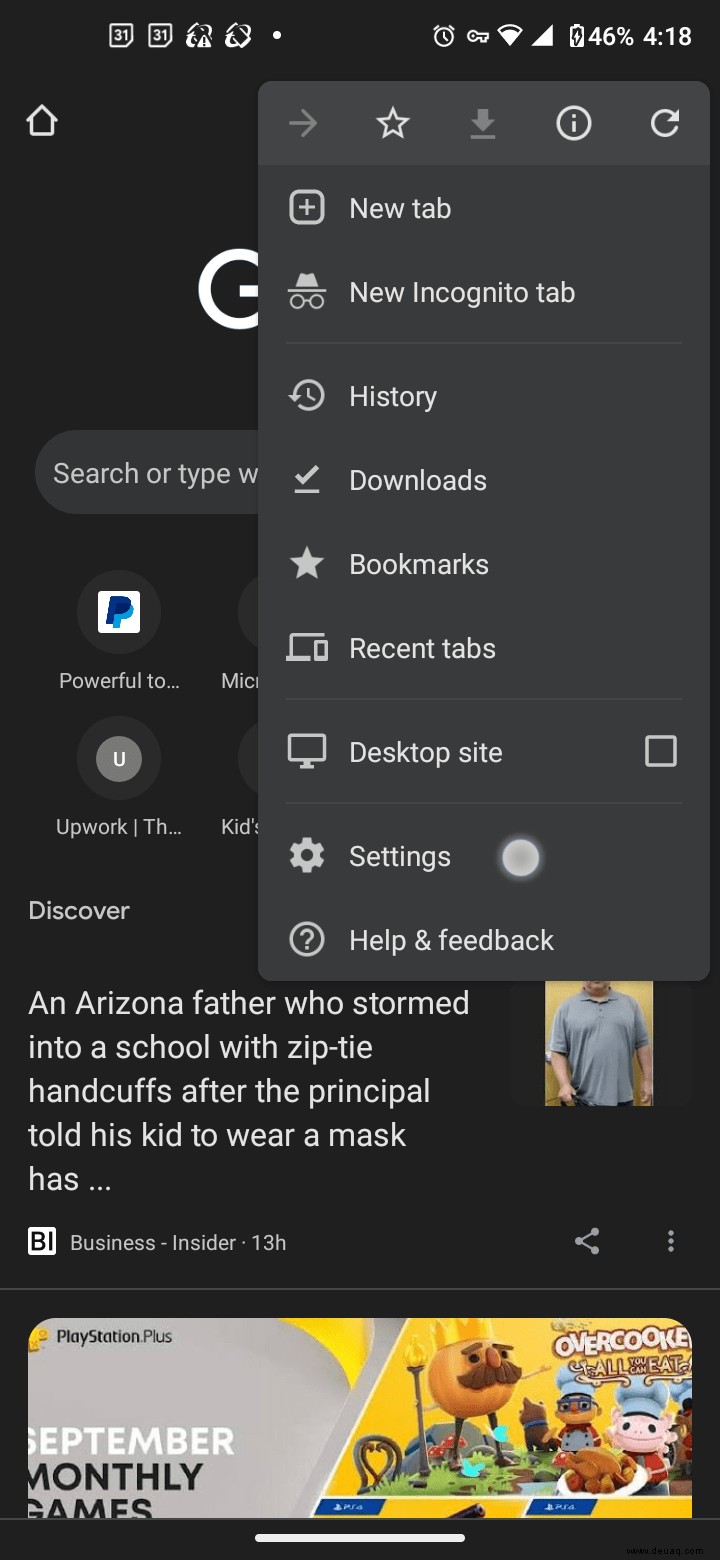
- Tippen Sie auf Website-Einstellungen.
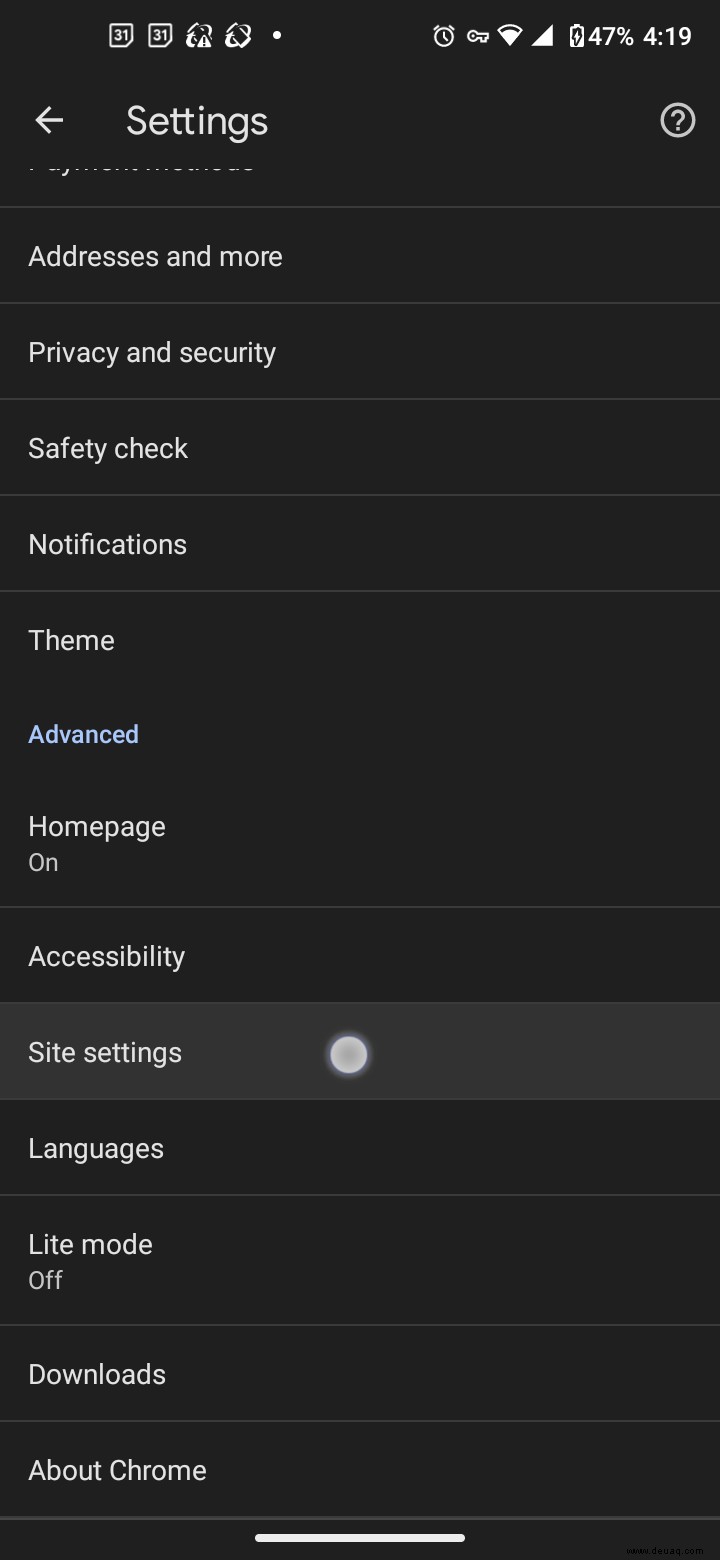
- Gehen Sie zu Ton.
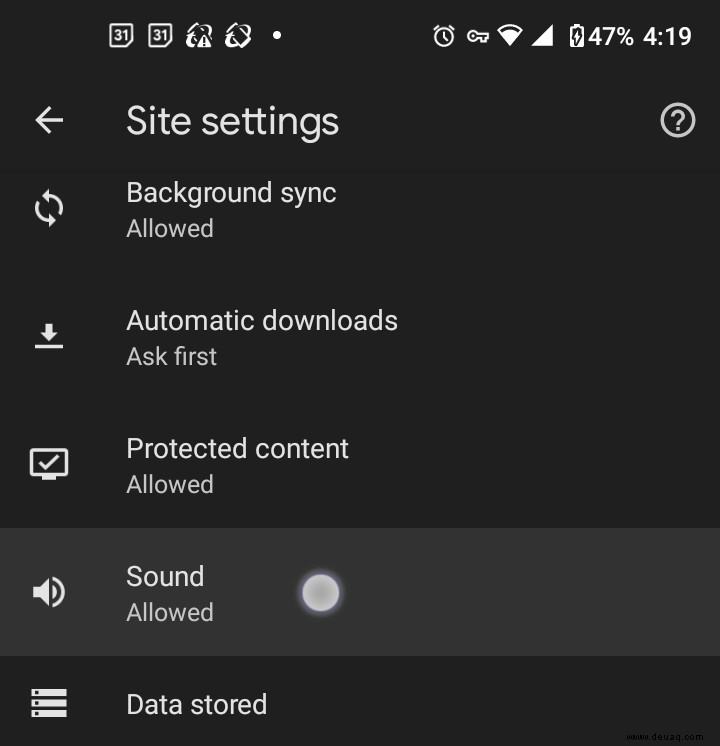
- Deaktivieren Sie Tonwiedergabe auf Websites zulassen oder fügen Sie Ausnahmen hinzu.
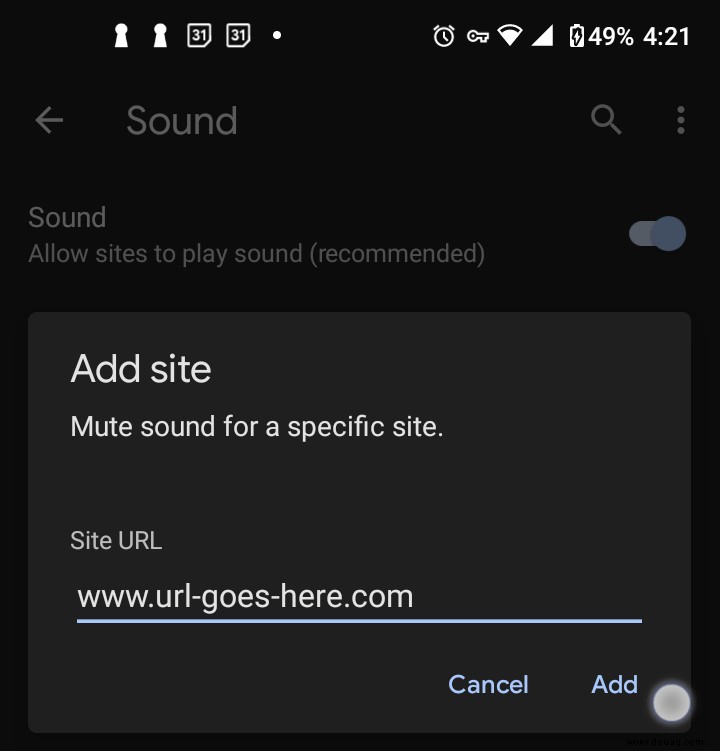
- Für Ausnahmen: URL eingeben und Hinzufügen tippen.

Autoplay-Videos laufen nun stumm auf den Sites.
Ton bei Autoplay-Videos in Chrome auf iOS/iPhone stummschalten
- Starten Sie Chrome auf iPhone/iPad.

- Tippen Sie auf die drei Punkte.

- Wählen Sie Einstellungen.

- Tippen Sie Datenschutz und Sicherheit.
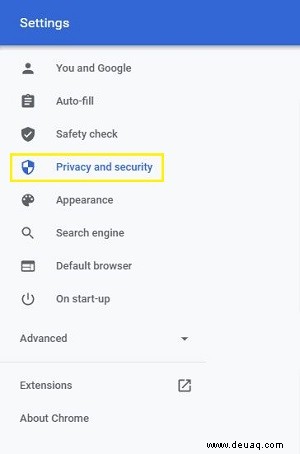
- Dann Website-Einstellungen.
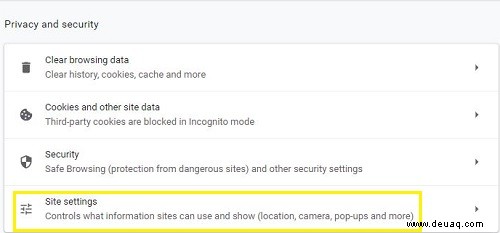
- Gehen Sie zu Weitere Inhalts-Einstellungen.
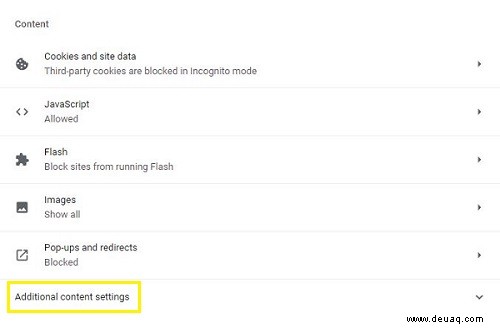
- Wählen Sie Ton.

- Deaktivieren Sie Websites Tonwiedergabe erlauben oder fügen Sie Ausnahmen hinzu.
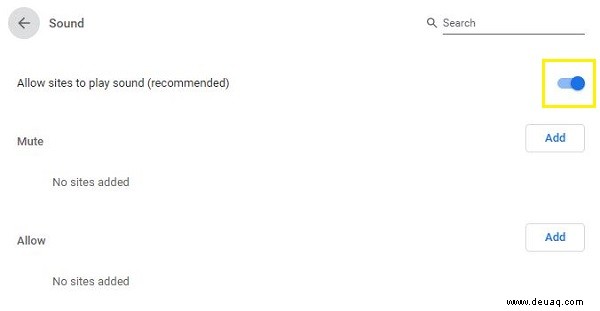
Nutzen Sie die Stummschalten-Liste für spezifische Sites.
Ton bei Autoplay-Videos in Chrome auf Windows 10 stummschalten
- Öffnen Sie Chrome.

- Klicken Sie auf die drei Punkte oben rechts.

- Wählen Sie Einstellungen.
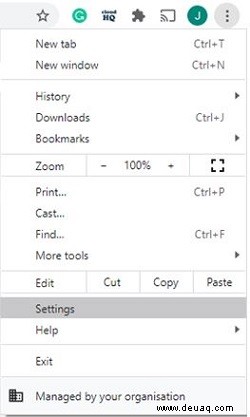
- Klicken Sie Datenschutz und Sicherheit.
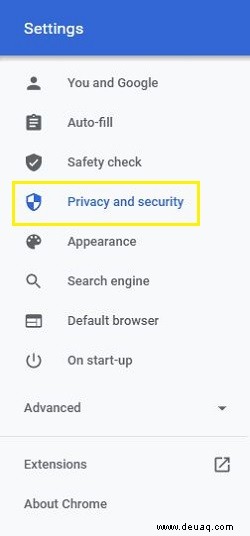
- Dann Website-Einstellungen.
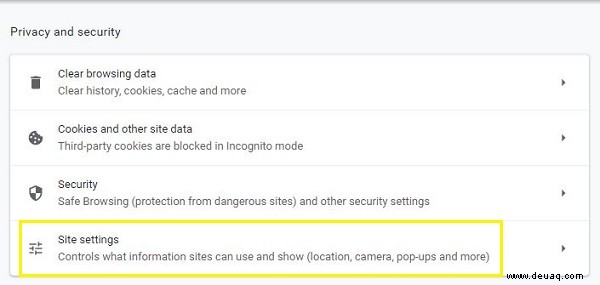
- Gehen Sie zu Weitere Inhalts-Einstellungen.
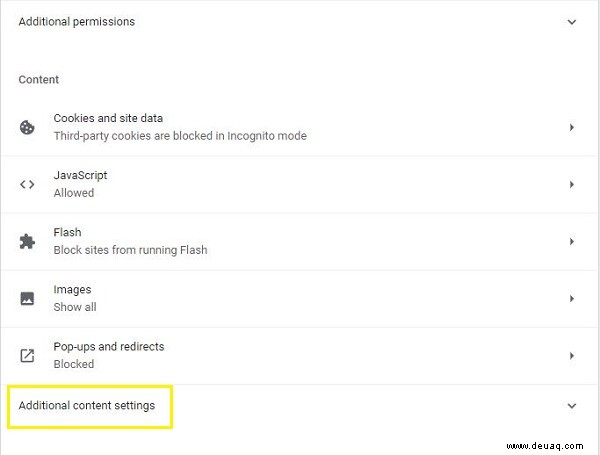
- Klicken Sie Ton.

- Aktivieren Sie Stummschalten für tonspielende Sites und fügen Sie URLs hinzu.

Ton bei Autoplay-Videos in Chrome auf Mac stummschalten
- Öffnen Sie Chrome.
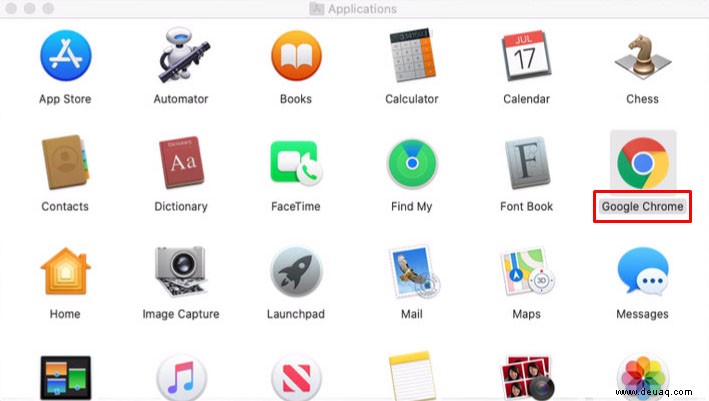
- Klicken Sie auf die drei Punkte.
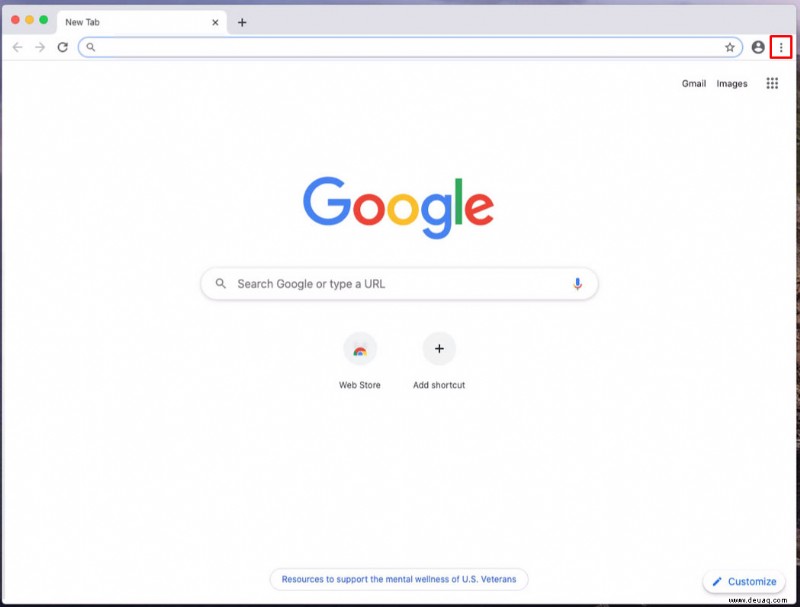
- Wählen Sie Einstellungen.
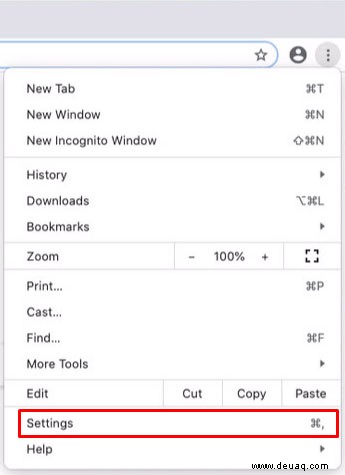
- Klicken Sie Datenschutz und Sicherheit.
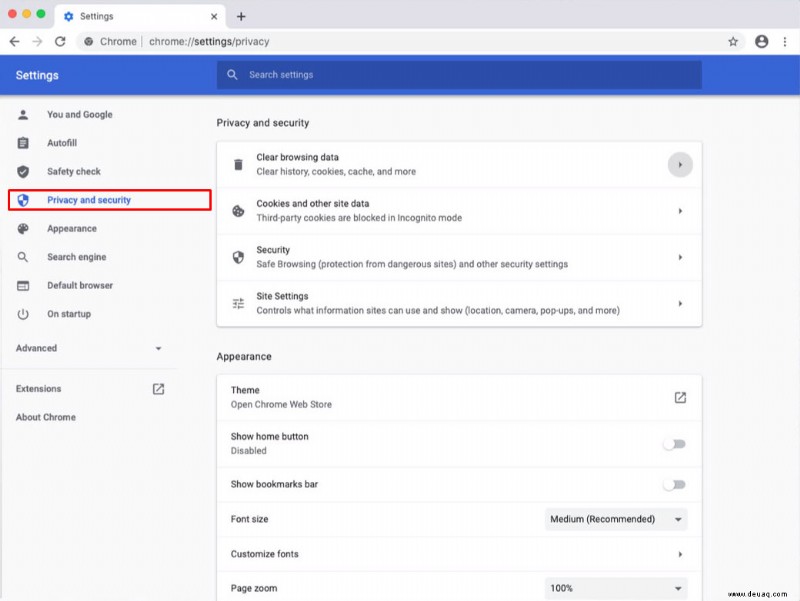
- Dann Website-Einstellungen.
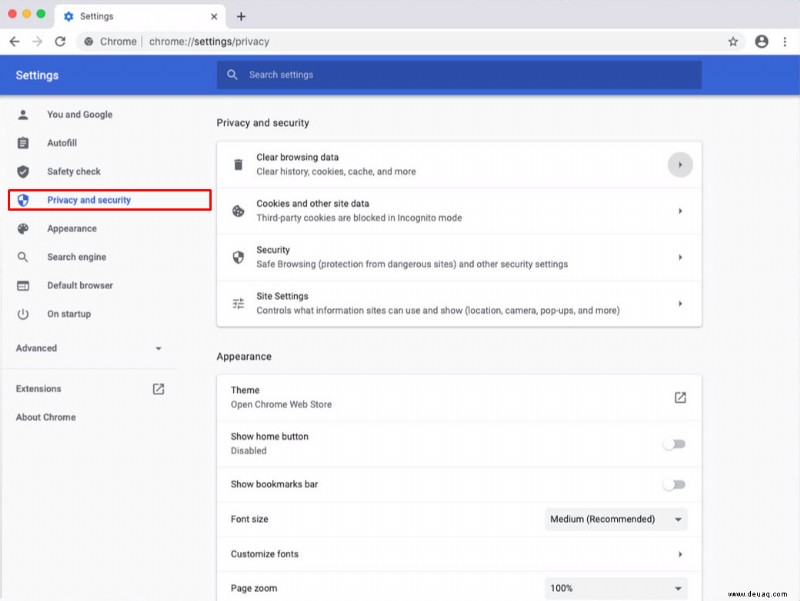
- Gehen Sie zu Weitere Inhalts-Einstellungen.
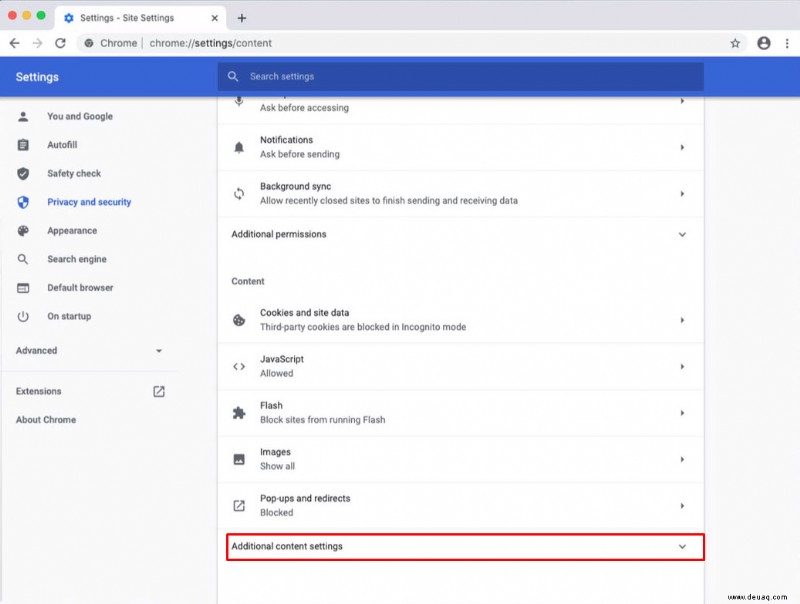
- Klicken Sie Ton.
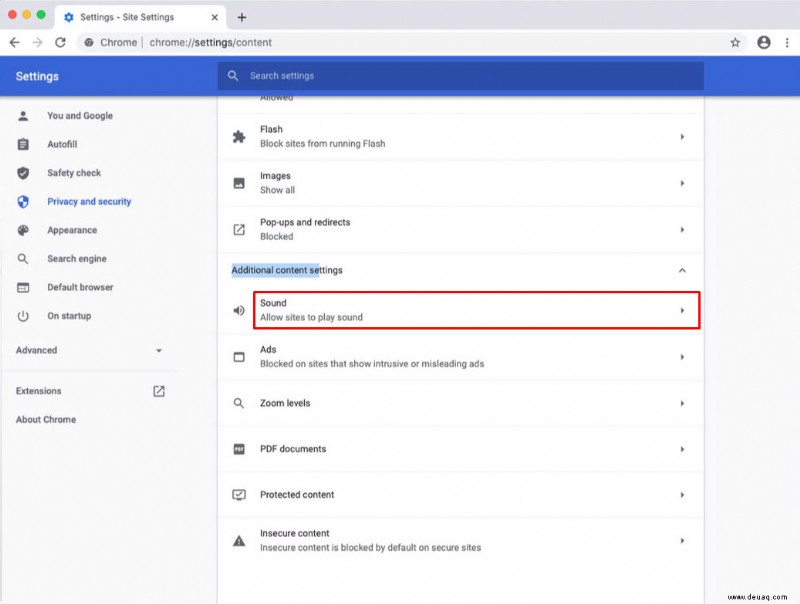
- Aktivieren Sie Stummschalten für tonspielende Sites.
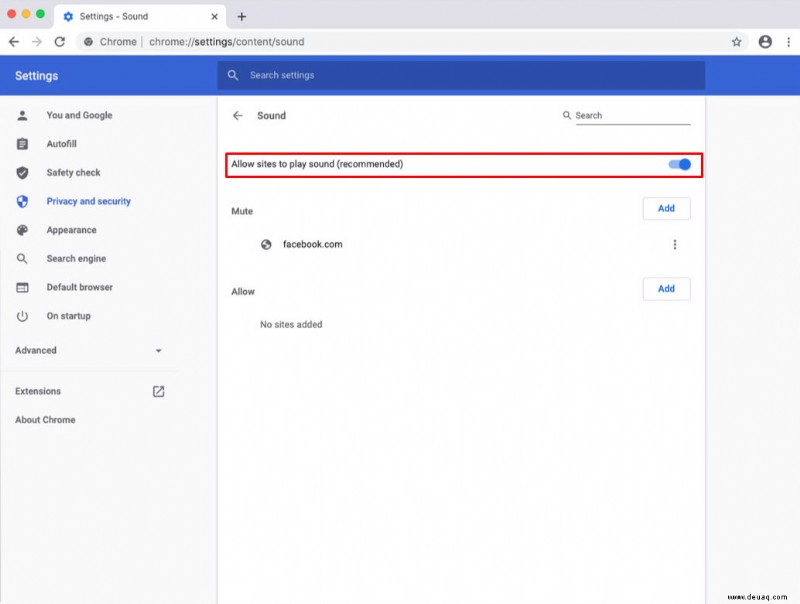
Fügen Sie Ausnahmen in der Erlauben-Liste hinzu.
Ton bei Autoplay-Videos in Chrome auf Chromebook stummschalten
- Öffnen Sie Chrome.

- Klicken Sie auf die drei Punkte und Einstellungen.

- Wählen Sie Datenschutz und Sicherheit.

- Dann Website-Einstellungen.

- Gehen Sie zu Weitere Inhalts-Einstellungen.

- Klicken Sie Ton.

- Aktivieren Sie Stummschalten für tonspielende Sites.

Fügen Sie benötigte Sites zur Erlauben-Liste hinzu.
—
Zusammenfassung: Autoplay lässt sich in Chrome nicht komplett stoppen, aber Erweiterungen und Tonstummschaltung machen das Surfen angenehmer. Alternativen wie Firefox oder Edge bieten native Deaktivierung. Haben Sie Erfolg gehabt? Teilen Sie Ihre Erfahrungen in den Kommentaren!